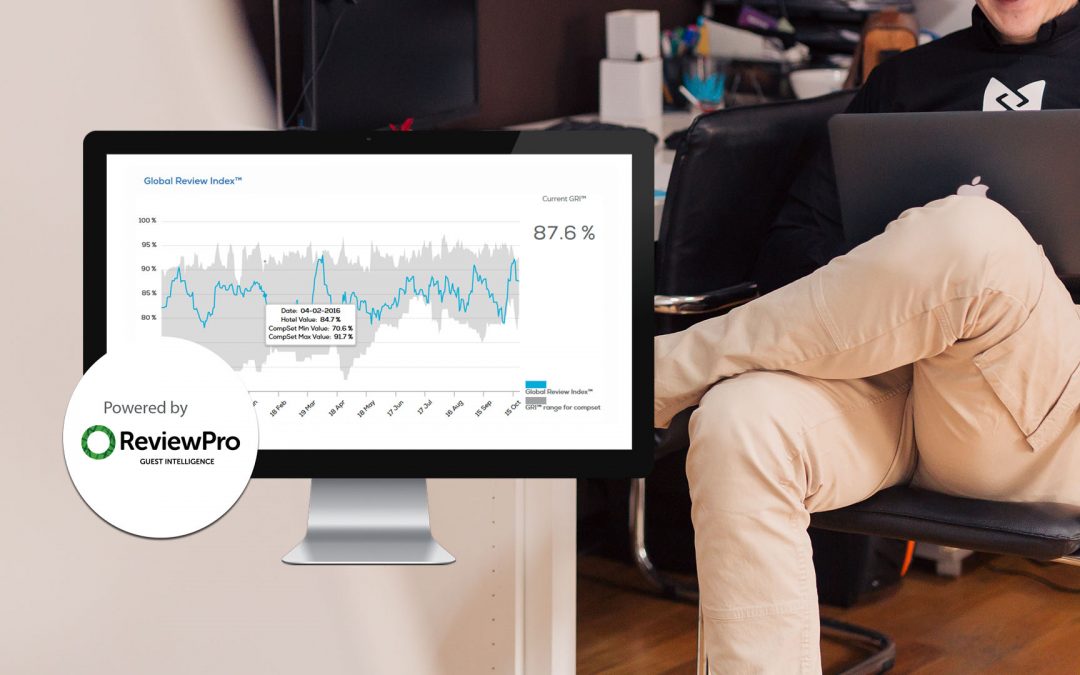Recent decisions made by the governments of several European countries may have a significant impact on the online hotel distribution system. Hotels will be able to introduce more flexible and independent rate policies. Who wins and who loses on abolishing the parities?
The French administration body that oversees competition on the Internet received a complaint from French hotel operators’ associations and the Accor group which resulted in Booking.com being forced to introduce a number of changes that allow hotels to introduce more flexible, fully independent – at least in theory – rate policies.
Europe leads the changes
Recent decisions made by the governments of several European countries may have a significant impact on the online hotel distribution system. The French administration body that oversees competition on the Internet received a complaint from French hotel operators’ associations and the Accor group which resulted in Booking.com being forced to introduce a number of changes that allow hotels to introduce more flexible, fully independent – at least in theory – rate policies. These changes mean that hoteliers no longer have to abide by the rate parity when dealing with partners, both online booking platforms and traditional sales channels. Hotels will also be able to offer more convenient terms of sale than those of Booking.com, both in their own and their partners’ distribution channels. The freedom to make independent business decisions also applies to allocating the numbers of available rooms to individual sales channels.
Similar decisions were made around the same time by competition monitoring bodies of Italy and Sweden. Legal procedures questioning the rate parity are currently underway in Germany and Great Britain. The European Commission is also looking into online hotel distribution as part of a broader electronic trade investigation. As we can clearly see, the rules of the game in Europe are bound to change soon, however the same cannot be said about the United States. Not too long ago, the rate parity practice was deemed to be compliant with US competition regulations. Last year, a Dallas court ruled that setting uniform rates for the biggest OTAs (Online Travel Agent) by hotel groups is a ‘rational business practice’ that does not go against the interests of consumers and does not hinder competition.
Who wins, who loses?
A new deal is approaching in the rate game between hotels and online partners in the European market (including Poland) and, perhaps in the future, the global market as well.
Who may benefit and who may lose from this turn of events?
Abolishing the parity seems to benefit hotels, especially those that are not part of a chain and, thus, not required to implement a corporate rate policy. Hotels will be able to vary the services that they offer through individual distribution channels in line with their own criteria, for example depending on the commission fee charged by the partners or the segment of the market that the partner specialises in. As regards hotel chains, they are certainly more attached to the rate parity as it allows them to position their brand and maintain uniform prices across all of their hotels. In this case all decisions concerning differentiating prices across distribution channels will most likely be made at the central level, which will allow hotel chains to maintain a coherent rate strategy.
Regardless of the rate parity, hotels will still be able to utilise such rate mechanisms as promotional or corporate codes and package offers which, even now, give them a certain degree of freedom when negotiating with OTA partners. Abolishing the rate, availability and terms of sale parities will obviously not be well received by the biggest OTAs, such as Booking,com and Expedia. They draw in large revenues, mainly due to their 15%-25% commission fees, but at the same time incur heavy expenses mainly tied with advertising and positioning on the Internet (in 2014, over 30% of revenue generated by Priceline, the parent company of Booking.com, was spent on advertising and positioning). The struggle over advertising space and customer attention causes a constant increase of expenses. In these conditions the competing rates of smaller partners, who have less expenses, would put additional pressure on leading OTAs which could lead to them lowering their commission fees.
The pressure would be increased by the fact that diverse rates in the market would be made more evident by rate comparison websites, such as Kayak and Trivago. Rate diversification would probably make these websites the go-to tool for prospective hotel guests, making them leaders in the hotel distribution ecosystem.
Equilibrium returns
Rate diversification will greatly benefit customers – following the decision of the French authorities, even Booking.com issued a press release stating that it will allow for: ‘greater transparency and increased competition between online booking agents. Removing the rate parity will not bring an immediate increase of hotel revenues. Hotel operators should take into account a number of interdependent factors when adopting a diversified rate strategy. Is a partner who charges lower commission fees able to promote the hotel’s services as successfully and bring in a comparable number of bookings as a more expensive partner? How does promoting the hotel through its own website, which is potentially the most financially feasible solution as it does not involve paying commission fees, compare against selling the services through individual distribution channels? How many bookings does the hotel website bring in compared to OTAs? Does selling through a channel with lower rates increase the total number of bookings or does it cannibalise the bookings of another channel?
Abolishing the rate parity will require hotel operators to seek answers to these and many more questions. Finding an optimal solution for your hotel will require adopting a proactive approach to managing your portfolio of sales channels and a gradual modification of parameters meant to maximise revenue and profit. This will require using the right tools, which will aid in making decisions and streamline their implementation.
Flexible strategies and effective management
One of the most notable advantages of tools that automatise online hotel distribution is increasing the control that the hotelier has over the rate policy of his establishment while minimising the effort that rate management would otherwise require. For most hotels, which adhere to the soon-to-be-gone rules of the game, one of the most important functions offered by the tool is controlling the rate parity. Once the rate parity is abandoned, other functions that allow to coherently conduct a diverse rate policy in all of the hotel’s sales channels will gain importance. Tools such as YieldPlanet’s Channel Manager give hoteliers full control over the parity as well as flexibility when setting rates for individual partners. When the rate parity is no longer in force, tools which make it possible to follow the rate strategies of competitors, such as YieldPlanet’s Price Shooper, will grow in importance.










